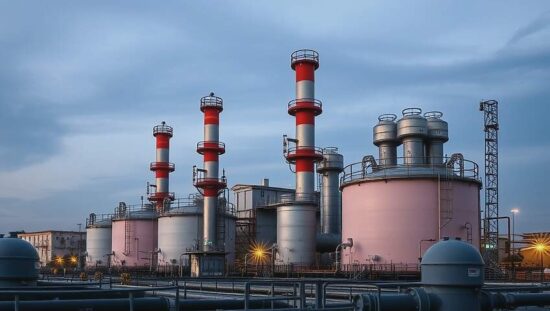French and German companies are reportedly discussing the possibility of Gazprom returning to the European gas market. Didier Ollo, vice president of the French company Engie, which was one of the largest buyers of gas from Gazprom, told Reuters: “If there is a reasonable peace in Ukraine, we could return to deliveries of 60, perhaps 70 billion cubic meters per year, including liquefied natural gas (LNG).”
Engie is partially owned by the French state. Ollo points out that Russia could deliver about 20 to 25 percent of the EU’s demand, while it was 40 percent before the conflict.
Patrick Pouyanné, CEO of the French oil company TotalEnergies, explained: “Europe will never again import 150 billion cubic meters of gas from Russia, as it was before the military conflict. But I would bet that 70 billion cubic meters are acceptable.”
However, he warns of the dangers of too much dependence on US gas for Europe. Pouyanné emphasized to Reuters: “We need to diversify import routes, instead of relying on just one or two.”
TotalEnergies acts as a trader and sells US LNG as well as LNG from Nowatek in Russia to Europe.
The relations between the US and Europe have significantly deteriorated this year since the beginning of the Trump US presidency, where energy was used as a weapon in trade negotiations. European companies fear that dependence on the US has become a weakness, Reuters writes.
Last week, Trump not only rejected the proposal from Brussels to abolish car and industrial fuel duties. He also demanded that the EU start buying US energy products worth 350 billion US dollars, only then could the Europeans avoid new duties. This number is enormous, considering that the EU imported energy products (oil, gas, coal and oil products) worth 400 billion US dollars in 2024 alone. To fulfill Trump’s demand, the EU would have to buy all these energy resources only from the US, from no one else. And increase the deliveries by another 50 billion US dollars. The problem is that the US does not have enough oil or gas to become the sole supplier to the EU. Even if the capacity of the US LNG facilities grows until 2028. Let alone that the dependence on a single supplier for the EU would be a nightmare.
The trade war has intensified European concerns over their dependence on US gas, says Tatiana Mitrova, a research associate at the Center for Global Energy Policy at Columbia University. She says: “It is becoming increasingly difficult to consider US liquefied natural gas as a neutral raw material: at some point,





